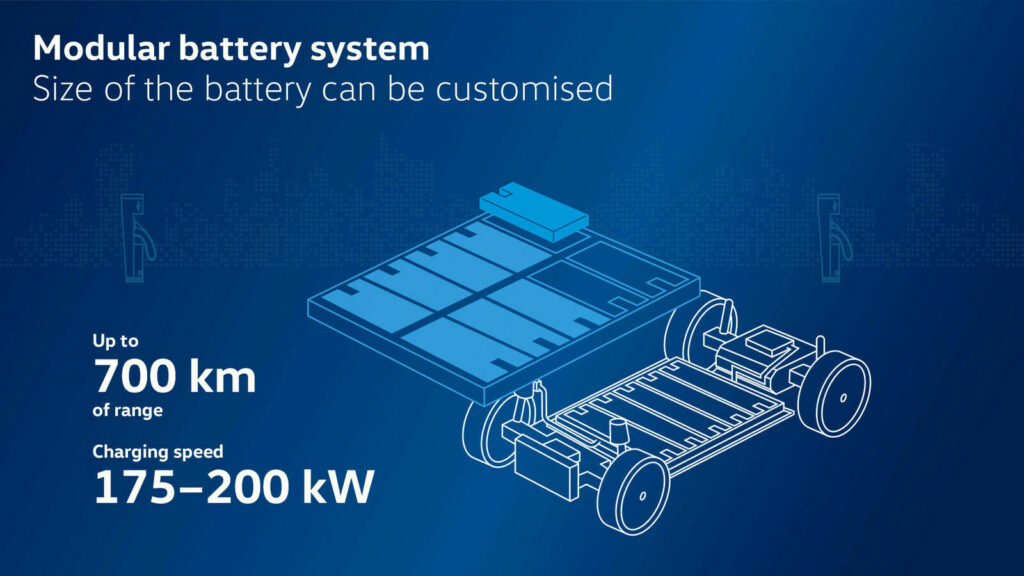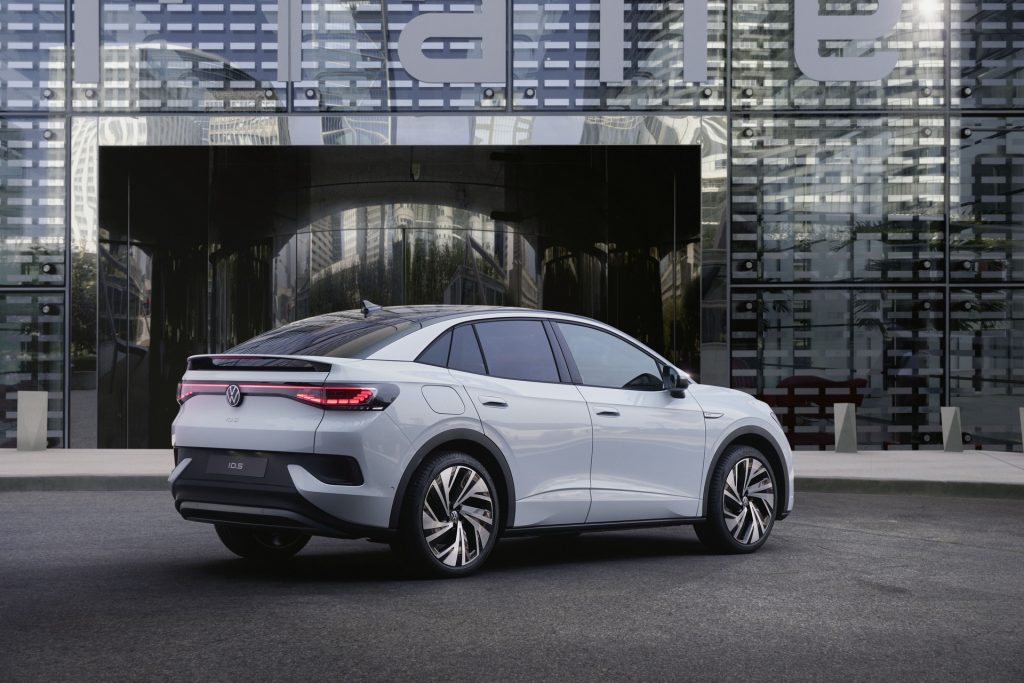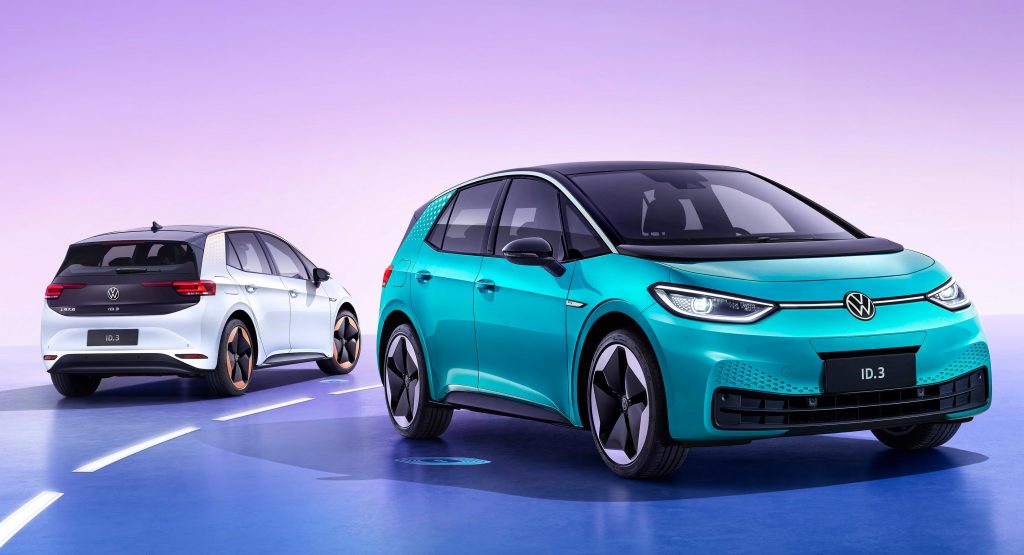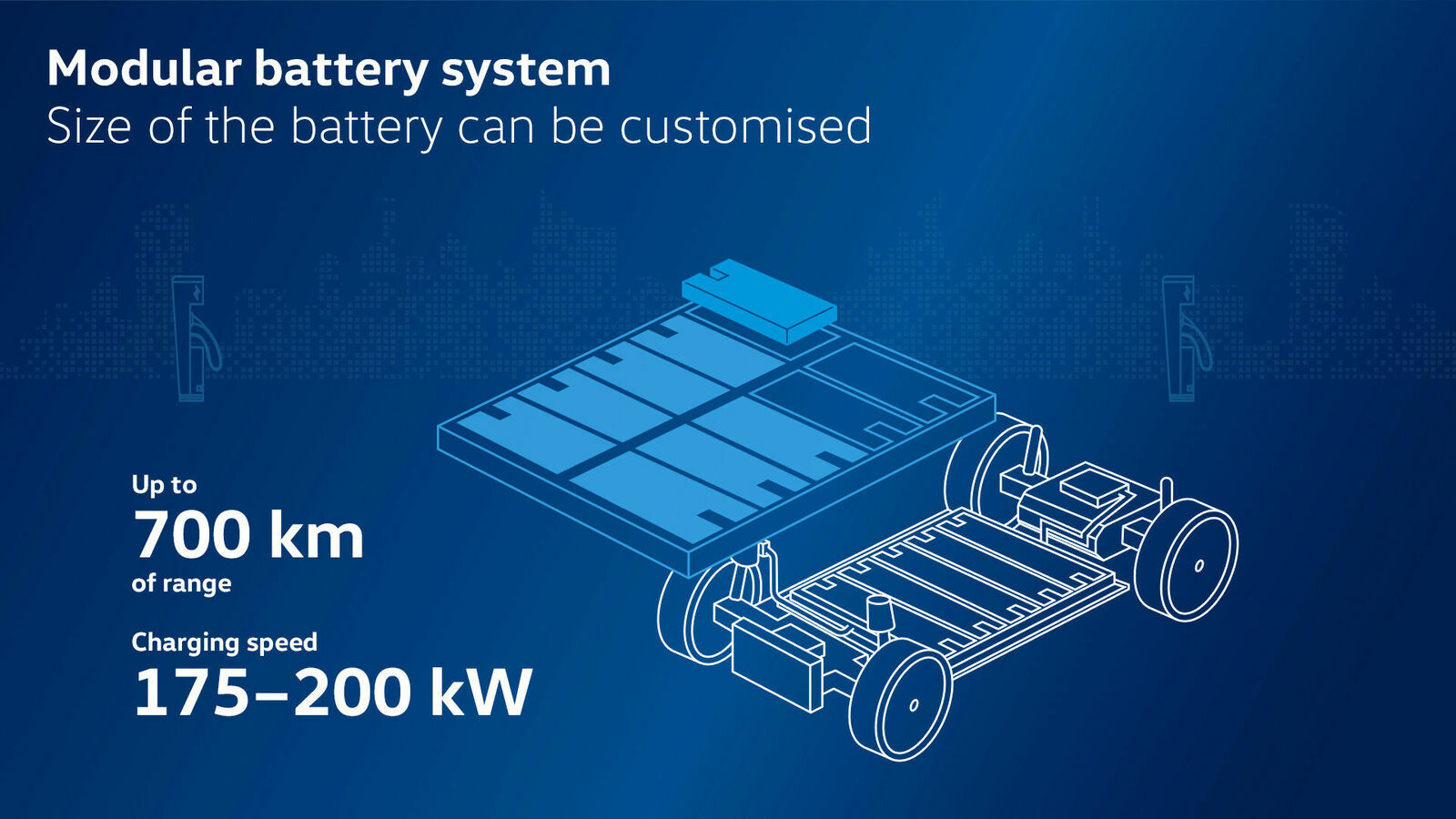The Volkswagen Group is upgrading its MEB electric platform with the goal of becoming more competitive among its rivals.
The MEB platform was the first of its kind when it was introduced in 2019 with the ID.3 electric hatchback. However, it is no longer considered the industry-leading platform it once was, with those from Tesla, SAIC, and Hyundai’s E-GMP architecture beating it on charging speeds, cost, and packaging. VW’s solution? The MEB+ platform.
Read: VW To Build A New Electric SUV With 435-Mile Range At Wolfsburg Plant
VW’s upgraded electric vehicle architecture will retain the 400-volt setup it currently uses, as opposed to adopting an 800-volt system like the Hyundai-Kia platform. However, alterations made to the updated platform will see charging speeds rise from between 135-170 kW to between 175-200 kWh.

In addition to faster-charging times, the MEB+ architecture will allow for a maximum range of approximately 435 miles (700 km), a significant jump from the peak 342 miles (550 km) achievable with the current MEB setup.
The updated EV platform will also use unified battery cells sourced from a battery factory in Salzgitter, Germany, as well as the Swedish plant operated by Northvolt. These unified cells can support different chemistries and will allegedly reduce battery costs by 50 percent. The first model to use the MEB+ platform will be an electric compact SUV, likely similar in size to the Tiguan, Auto News Europe reports.

Before this happens, VW’s range of MEB-based models will grow extensively and include 10 new EVs by 2026. The VW Group has already sold more than 500,000 cars underpinned by the platform and plans to ultimately build 10 million vehicles with it.
The conglomerate had originally planned to replace the MEB platform in 2025 with the Scalable Systems Platform (SSP), debuting on the Audi Artemis and VW Trinity. However, the development of the SSP has fallen behind schedule and the Trinity project has been delayed until 2028.






